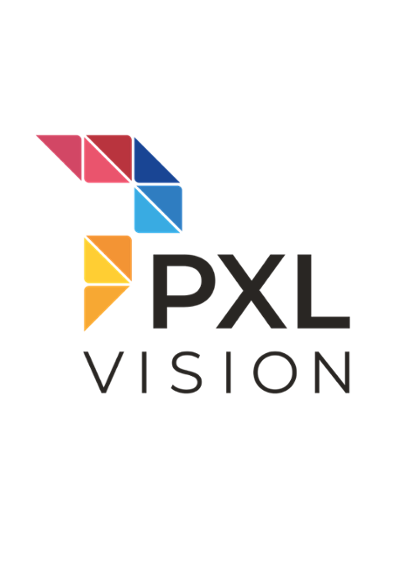As an online identity verification company, Zurich based PXL Vision are able to utilize NFC technology, permitting individuals to identify themselves by using their electronic passports or other NFC-equipped identity documents.
NFC is defined as a set of communication protocols for a two-way wireless data transfer between two electronic devices. “Near-field” refers to the fact that the two devices have to be positioned near one another in order to communicate – with a maximum distance of 10 centimeters or less.
Biometric documents
An advantage of NFC is that it’s an open technology and standards-based. Universal standards provide more choices for customers and lead to more stable systems. NFC also works with multiple systems. For example, smartphone based NFC already works with existing contactless card technologies.
In the field of identity verification, biometric documents offer the possibility to enable an ultra secure method of proving that a document is authentic, while ensuring the accuracy of the data that is extracted from it.
According to PXL Vision Chief Product Officer Roxana Porada, NFC technology will offer PXL Vision’s customers significant cost savings and help to decrease the amount of time it takes to onboard end users.
“NFC enables our customers to fully automate the process of onboarding and to verify users identity, as they can rely on the authenticity and accuracy of the data being extracted from the NFC chip”, she said.
“It will lower the manual costs and the time to onboard users significantly.”
One of the key strengths of NFC chips is its security. Many modern passports already have an encrypted NFC/RFID chip built-into them with varying types of information (data) embedded in them – depending on the jurisdiction. In some jurisdictions, the data might even be biometric in nature.
“An NFC chip has a secure way of being accessed, namely because the data from the chip is signed by an issuing government, which means if the data is somehow tampered with or falsified it will automatically fail the signature check,” Ms Porada added.
“The only downside of NFC is that most ID documents worldwide do not include it, although most passports do. Furthermore, this feature is only available on a native mobile application at the moment and not for desktops due to the fact that through a web browser, access to the NFC chip of a passport is not yet available.”
“Hopefully Google and Apple will enable this in the near future.”
.png?width=126&height=101&name=logo%20(2).png)
.png?width=63&height=51&name=logo%20(6).png)











